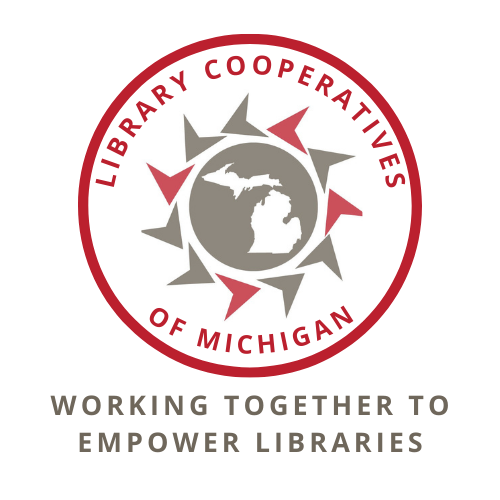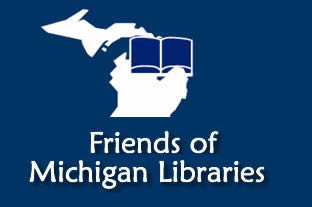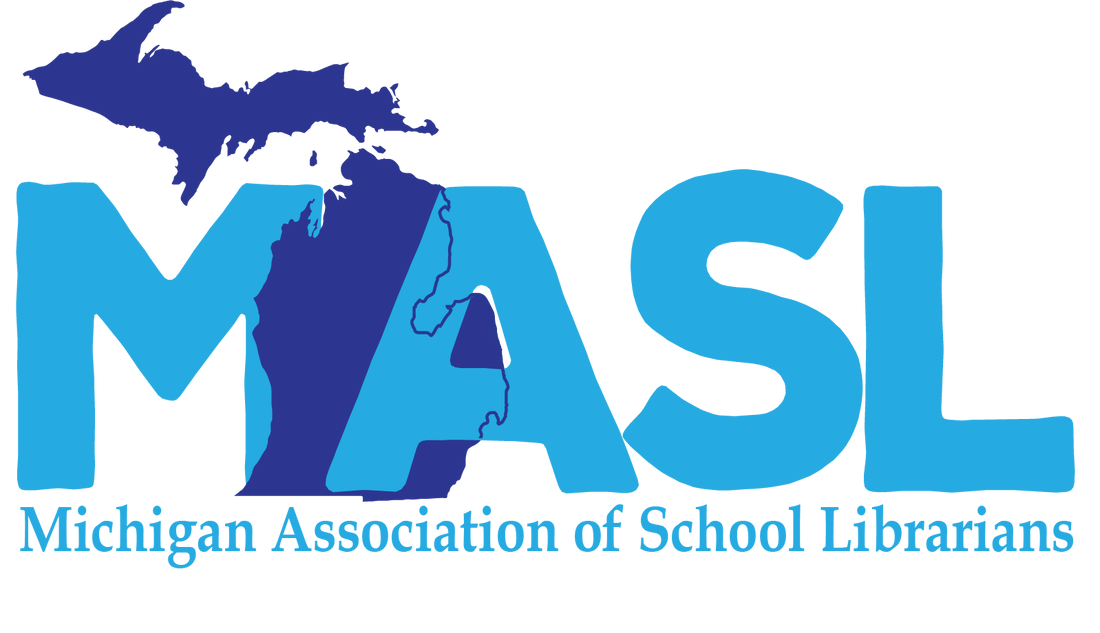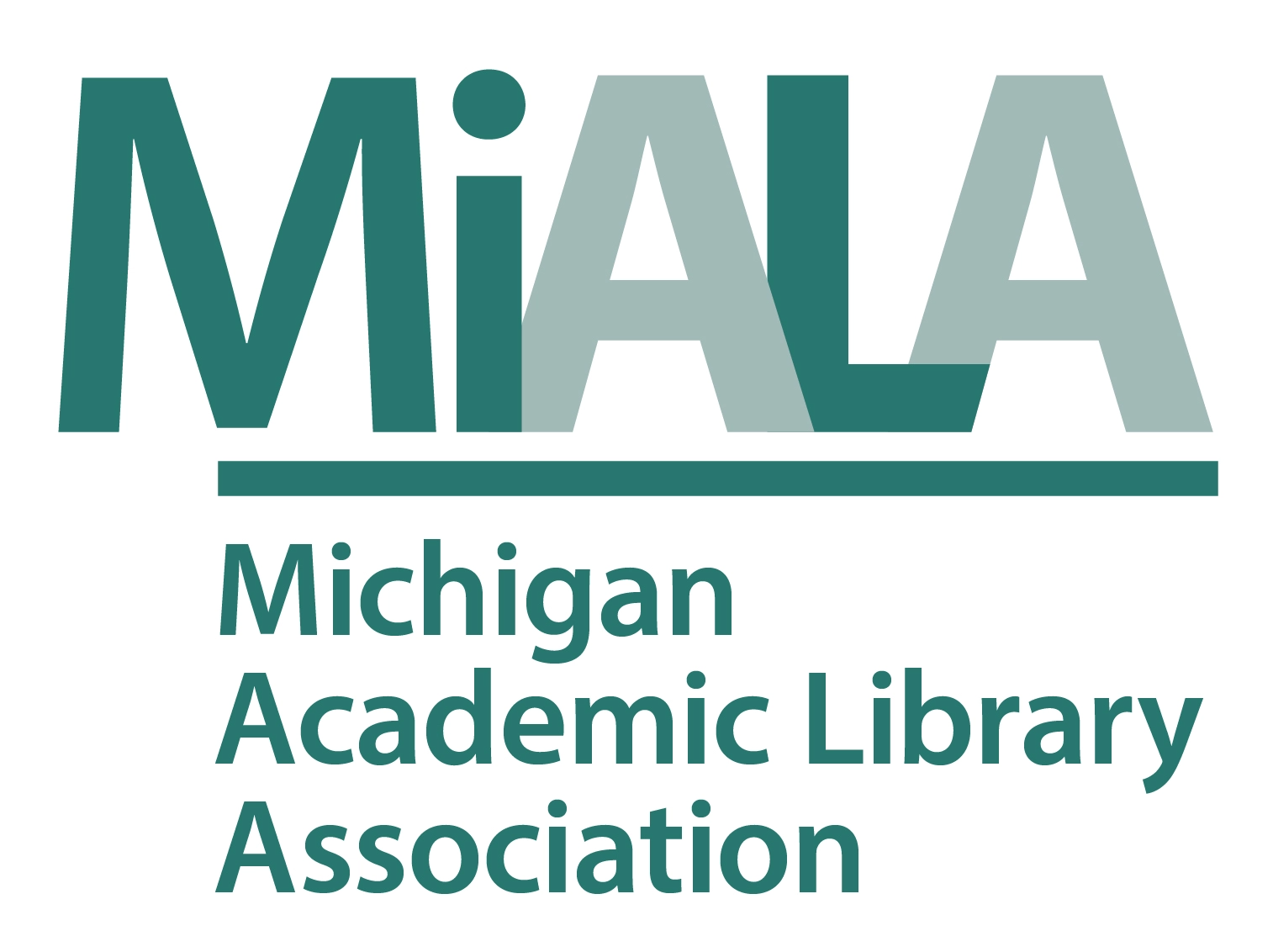| News - Advocacy |
| Thursday, March 16, 2023 12:00 AM |
The Miller TestIt is the responsibility of public libraries to guarantee and facilitate access to all expressions of knowledge and intellectual activity, including those which some individuals in our society may consider to be unconventional, unpopular, or unacceptable. As legislation here in Michigan and around the country attempts to ban books and criminalize our library workers, it is critical to know that LIBRARIES DO NOT HAVE OBSCENE MATERIALS ON THEIR SHELVES. It is also equally important to understand why reading a single paragraph or page out of context at a library board meeting is so misleading. Obscenity is determined by the court of law. Federal law prohibits the possession with intent to sell or distribute obscenity, to send, ship, or receive obscenity, to import obscenity, and to transport obscenity across state borders for purposes of distribution (18 U.S.C.) Therefore, libraries cannot purchase obscenity on the open market and thus cannot have it on their shelves. The Miller Test is the primary legal test for determining whether expression constitutes obscenity. As per the Supreme Court, materials MUST PASS ALL 3 PRONGS of the Miller Test. They are:
Because publishers cannot sell obscene materials to anyone (including libraries), we guarantee that there are ZERO obscene books on the shelves of Michigan public libraries. When a book gets challenged or banned, someone is trying to decide what is best for everyone based on their own beliefs and feelings. Many books offer new perspectives and insights from people with life experiences different from our own. Many books currently being targeted are those written by and about traditionally marginalized people and experiences including LGBTQIA+, BIPOC and women. Banning children from being able to see different cultures, same-sex couples, and languages in books, closes their world off, sending a clear message that certain ideas are not acceptable in society. Intellectual freedom is a core value of the library profession and a basic right in our democratic society. Our goal is to protect Michiganders’ right to read, oppose attempts to ban books from Michigan libraries, educate the public about the right to read, oppose any legislation that infringes upon Michigan citizens’ First Amendment rights and ensure that librarians across Michigan will be entrusted to continue to do their jobs and serve the needs of ALL individuals and communities. We believe that while a specific book may not be the right fit for one person, it may still be the perfect fit for another. Public libraries do not take on the role of a parent, and it is a parent’s responsibility to decide what materials they will allow their own children to read. No one individual or group should make sweeping decisions that take that process of careful consideration away from the experts (librarians) and that choice away from readers. |








